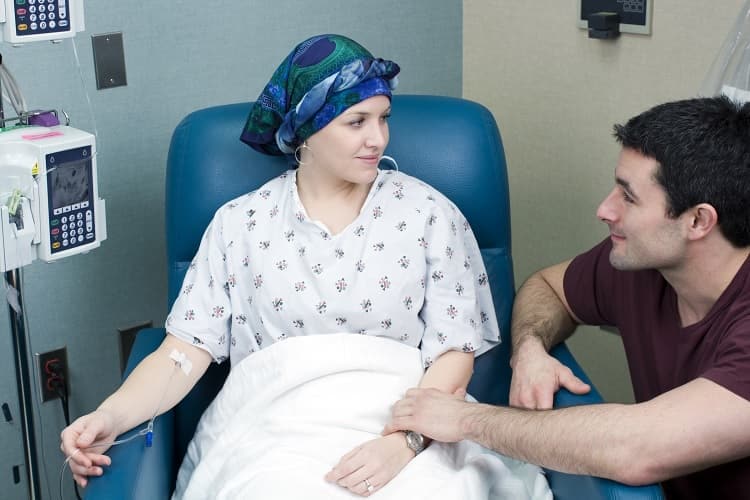Cancer Treatments

Chemotherapy is one of the most common types of cancer treatment.
If you recently learned that you have cancer, your doctor may have recommended certain kinds of treatment. The kind of cancer treatment for you depends on—
- The kind of cancer you have.
- How far the cancer has spread in your body. This is called the stage.
When recommending treatment, your doctor will also keep in mind your age and any other health problems you may have.
Cancer treatment is based on the stage of the cancer. Sometimes, treatment is meant to cure the cancer. Other times, the goal is to stop the cancer from spreading further. Some treatments may be given to reduce side effects of other treatments and relieve symptoms caused by the cancer or its treatment. This is called palliative care and can be given at any stage of your cancer treatment. Your treatment plan may change over time.
Common Types of Cancer Treatment
Cancer treatment may include—
- Surgery: An operation where doctors cut out tissue with cancer cells.
- Chemotherapy: Special medicines that shrink or kill cancer cells that we cannot see.
- Radiation therapy: Using high-energy rays (similar to X-rays) to kill cancer cells.
- Hormone therapy: Blocks cancer cells from getting the hormones they need to grow.
- Immunotherapy: A treatment that works with your body’s immune system to help it fight cancer cells or to control side effects from other cancer treatments.
- Stem cell transplant (bone marrow transplant): Replace bone marrow cells lost due to very high doses of chemotherapy or radiation therapy. Most commonly used to treat blood cancers and cancers that start in the lymph nodes.
Talk to Your Doctor About the Right Treatment for You
Choosing the treatment that is right for you may be hard. Talk to your cancer doctor about the treatments for your kind and stage of cancer. Your doctor can explain the risks and benefits of each treatment, and their side effects.
The National Cancer Institute provides lists of questions to ask your doctor about your diagnosis and treatment.
- Types of Cancer Treatment (National Cancer Institute)
- Treatment Types (American Cancer Society)